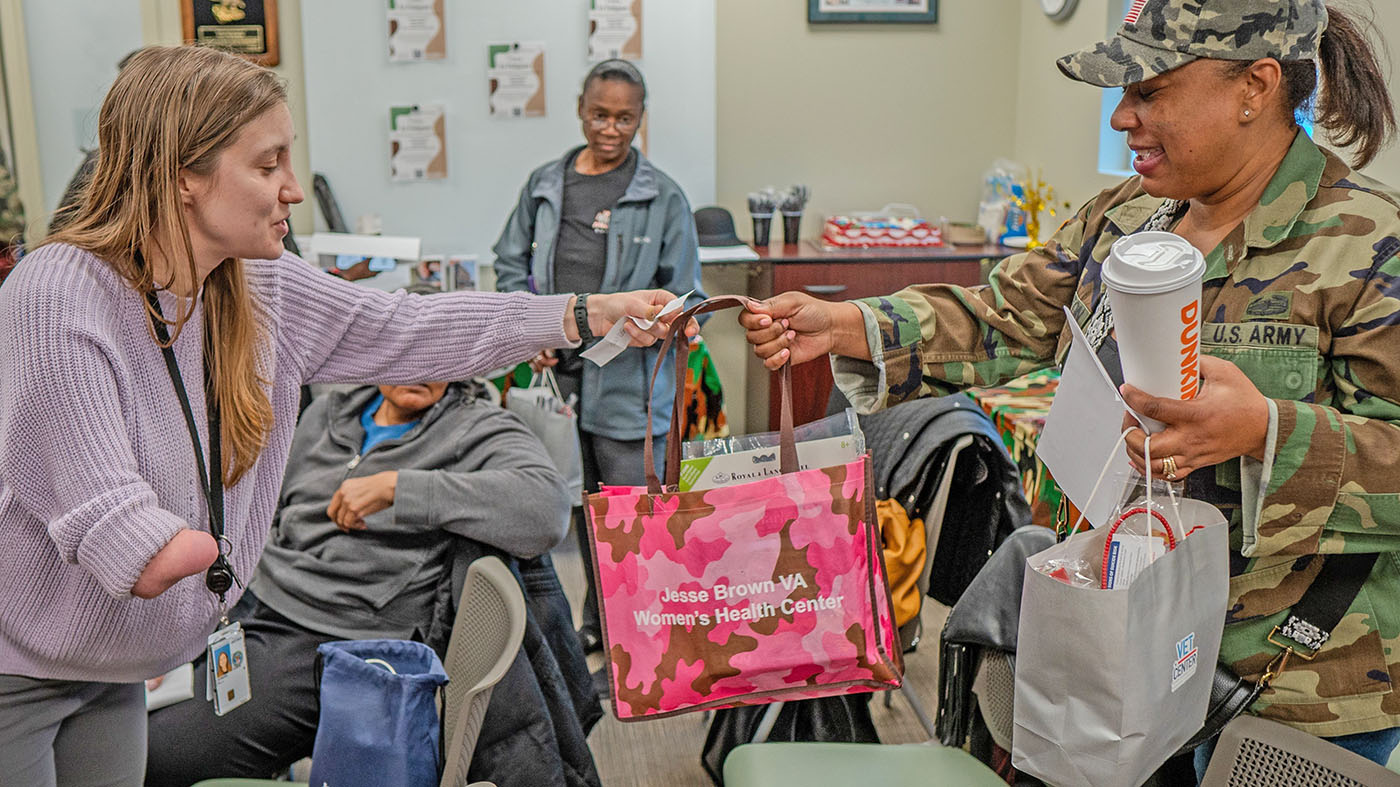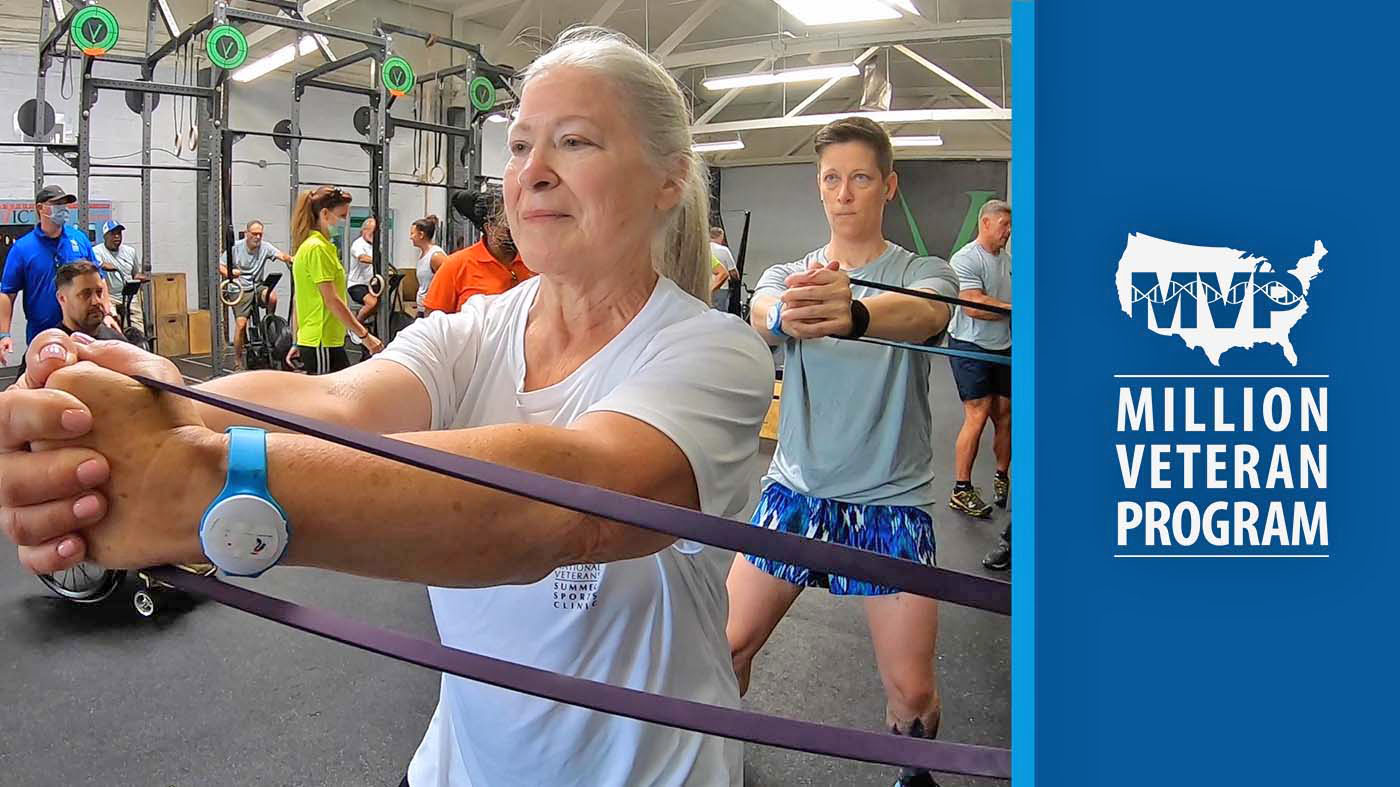For the past year, a unique project has connected with more than 250 Veterans, service members and caregivers to reimagine VA’s future.
Why? Let’s travel in time to the recent past.
It is the summer of 2021. The COVID-19 pandemic rages on despite hopes the availability of vaccines would bring it to an end. People across the country – including Veterans and VA employees – continue facing challenges exacerbated by the pandemic.
The “two weeks to stop the spread” has turned into over a full year.
It is during this time that a group of human-centered designers launched the Reimagining Veteran Healthcare (RVH) project and set out to unearth the opportunities for radical change brought about by the pandemic.
With a deep focus on the underrepresented, the unengaged and the disengaged, the team sought to understand: What changes would VA need to make to meet the needs of those who we aren’t currently serving?
A Veteran story
The team sat on a young Veteran’s porch in Los Angeles, masked and physically distanced, listening to his story. “Over a year after getting out, there was a sense of massive loneliness,” the Veteran said. “There was something missing. COVID definitely expedited the process.”
This feeling of loneliness and isolation grew. After losing his job due to this and other declining mental health issues, he discussed the possibility of re-enlistment to help him find his place.
He told the team he realized that he could use some mental health support but that he didn’t feel VA was an option for him because he didn’t trust that his records would be secure. “I’m afraid of the Army going back, being able to have access to my mental health care records,” he said. “I don’t want them to see me as broken. I just want to be me.”
Engaging with Veterans
For the past year, RVH has connected with more than 250 Veterans, service members, caregivers, VA employees, VA leaders and external experts who have helped us to imagine what VA’s future could be.
They were asked to dream big. What should change if VA was designed for them? Some of our Veteran participants agreed to share their thoughts on-camera, compiled into the “Reimagining Veteran Healthcare: Veteran Voices” video.
Become involved
The RVH team continues to listen, design and propose innovative ideas to meet the needs of our richly diverse Veteran communities. Visit here to learn more about the innovative work happening at VA.
Topics in this story
More Stories
Navy Veteran and president of the American Medical Association got a colonoscopy and encourages other Veterans to do the same.
Chicago Vet Center and VA gave women Veterans information on VA services available to them.
MVP’s research informs personalized care for Veterans, supporting whole health and beyond.







While I am grateful for the VA care, it is inconvenient for me to utilize. The slow progress of care plans, led to me abandoning the VA for both primary care and treatment of my service connected issues. You can only throw drugs at an issue so long. I have utilized my health insurance to shoulder over 300k of my own care.
Still, there is no civilian equivalent that understands the unique experiences or needs of veterans.